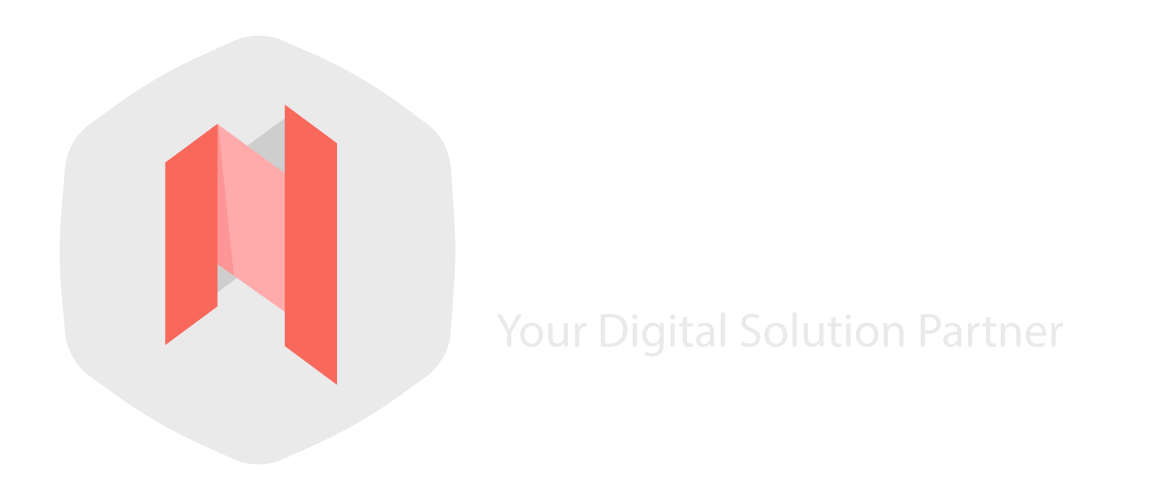Salesforce Marketing Cloud is a comprehensive digital marketing automation and analytics platform that offers a wide range of features to help businesses connect with their customers in more meaningful ways. It is a powerful tool that helps businesses create and manage marketing campaigns across multiple channels.
However, to get the most out of Marketing Cloud, it’s essential to integrate it with your CRM system. By doing so, you can create a unified customer experience that spans across all touchpoints. With Marketing Cloud Connect, you can sync data between the two systems, enabling you to create personalized marketing campaigns based on customer data stored in your CRM.
Here are the steps to connect Salesforce Marketing Cloud with your CRM system:
1. Review Prerequisites for Implementation
Before embarking on the implementation of Salesforce Marketing Cloud, a comprehensive review of prerequisites is essential for seamless integration. Firstly, ensure that your organization has a robust Salesforce CRM system in place, as Marketing Cloud integration relies on a solid CRM foundation. Verify the compatibility and version alignment between Marketing Cloud and your existing CRM platform to avoid compatibility issues.
Additionally, conduct a thorough assessment of your business goals, marketing objectives, and existing processes. Define clear objectives for the implementation to guide the configuration and customization processes effectively.
2. Install the Marketing Cloud Connect Managed Package

Once you’ve reviewed the prerequisites, you can install the Marketing Cloud Connect managed package. This package is available for download from the Salesforce AppExchange. This package acts as the bridge between the two systems, facilitating data synchronization and streamlined communication.
Begin by ensuring that your Salesforce organization has the necessary permissions for package installation. Once confirmed, navigate to Salesforce Setup, locate the AppExchange, and install the Marketing Cloud Connect package. Follow the guided installation process, configuring settings as needed.
This installation lays the foundation for a unified ecosystem, enabling the exchange of valuable data and empowering businesses to orchestrate cohesive and personalized marketing strategies across both platforms.
3. Configure CRM Settings

After installing the Marketing Cloud Connect managed package, configuring CRM settings is imperative for optimal integration. This includes setting up a named credential for Marketing Cloud Connect and configuring API tokens for personalization experiences. Access Salesforce Setup and navigate to Marketing Cloud to initiate the setup process.
Define synchronized objects, mapping key data fields between Salesforce CRM and Marketing Cloud. Establish synchronization filters to refine data transfers based on specific criteria. Customize tracking options to align with your marketing objectives, allowing for seamless campaign monitoring.
Furthermore, configure user permissions to ensure secure access and collaboration. Thoroughly configuring CRM settings ensures a harmonized environment, laying the groundwork for unified customer experiences and empowering businesses to leverage the full potential of Salesforce Marketing Cloud.
4. Configure Marketing Cloud

Next, you’ll need to configure Marketing Cloud. This includes setting up a third-party integration and configuring the unified customer profile type. After initial setup, navigate to Marketing Cloud and access the Configuration settings. Customize Sender Profiles and Delivery Profiles for consistent branding and optimal email deliverability.
Define Subscription Management settings to empower subscribers with personalized communication preferences. Configure Sender Authentication Package (SAP) settings for enhanced security and brand trust. Tailor Tracking and Analytics settings to align with specific campaign metrics and reporting requirements.
Through the meticulous configuration of Marketing Cloud, businesses can harness the platform’s full potential, ensuring seamless operations, personalized engagement, and data-driven marketing strategies for a compelling and unified customer experience.
5. Finalize Configuration

After configuring both systems, you’ll need to finalize the configuration by testing the connection between Salesforce Marketing Cloud and your CRM system. Review all configured settings, ensuring alignment with business objectives and compliance with industry standards. Validate synchronization processes between Marketing Cloud and Salesforce CRM, guaranteeing accurate data transfer.
Verify personalized content and tracking parameters to optimize campaign effectiveness. Conduct comprehensive testing to confirm seamless functionality across all configured elements. By rigorously finalizing the configuration, businesses establish a robust foundation for their marketing endeavors, unlocking the full potential of Salesforce Marketing Cloud for unified, targeted, and impactful customer experiences.
Conclusion
This step-by-step guide underscores the strategic importance of connecting Salesforce Marketing Cloud with CRM for fostering unified customer experiences. By seamlessly integrating these platforms, businesses can harness a 360-degree view of customer data, enabling personalized engagements and streamlined operations.
The journey outlined ensures a thorough understanding of the integration process, emphasizing the transformative impact on marketing strategies. Empowered with this guide, organizations are poised to unlock the full potential of Salesforce Marketing Cloud and CRM synergy, ultimately delivering unparalleled customer satisfaction and establishing a solid foundation for lasting customer relationships.

